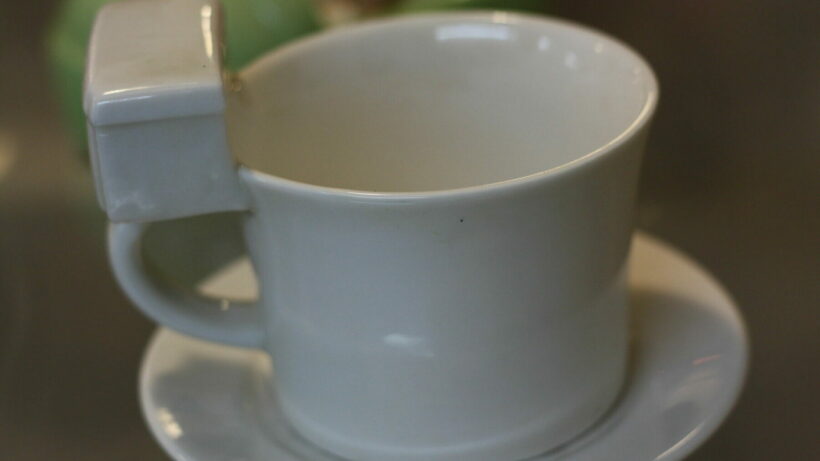Sewage into drinkable water, Singapore gets creative at finding water resources

Singapore has created a system for turning sewage into water clean enough for people to drink. The system also reduces pollution in the ocean.
The island’s somewhat scarce natural water resources have forced it to rely on Malaysia for water for some time. Thus, the government decided to be more self-sufficient and develop this system which uses a network of tunnels and high-tech plants to turn sewage into consumable water, which is sort of like a long straw that goes from a toilet to the drinking tap.
This sewage turned potential coffee or tea water is expected to satisfy 40% of Singapore’s water needs. However, this figure is set to climb up to 55% in 39 years, says the country’s water agency.
“Singapore lacks natural resources and it is limited in space,” so Singaporeans are always looking for alternative ways to get new water sources and to stretch existing water supplies, says Low Pei Chin, chief engineer of the Public Utilities Board’s water reclamation department.
The drinking water derived from faeces is on top of the City State’s other strategies for obtaining water, such as importing water, using reservoirs, and desalinating seawater.
The Changi Water Reclamation Plant is the crux of this human waste alchemy. The plant can treat 900 million litres of wastewater a day. After the water goes through a filtration process, cleaning process, and is disinfected with UV rays, it squirts out the other side into what is being dubbed “NEWwater”.
Once the project is finished, the government will have spent over US 7.4 billion dollars on upgrading its water treatment infrastructure.
SOURCE: Bangkok Post
Latest Thailand News
Follow The Thaiger on Google News:


























